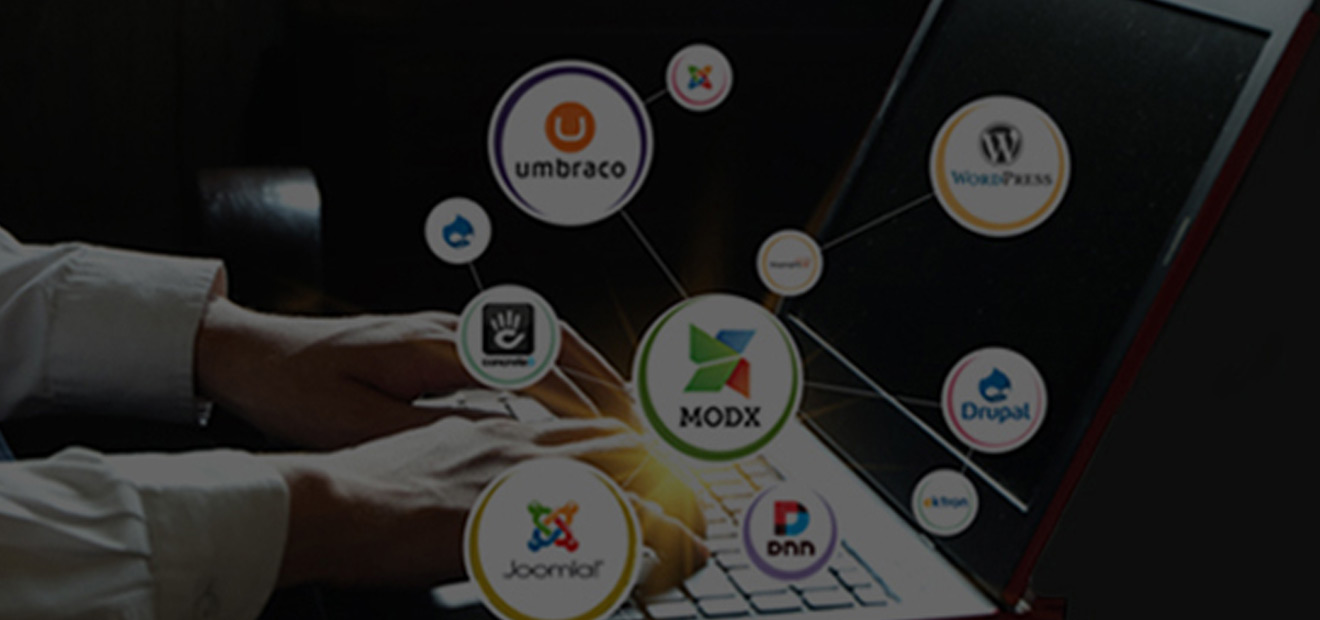 Content Management System
Content Management SystemContent management system is an opensource software application that facilitates the users to create, edit and manage all forms of digital content. The CMS platforms are commonly used for enterprise content management and website content management. It provides advanced functionalities to manage documents, digital assets using role-based authentication system and content publishing functionalities. The enterprise content management assists in automating business operations by providing access to all internal employees.
The best benefits of the content management systems are: it needs no technical knowledge, it provides access to multiple users, it eases the website maintenance, it makes design changes easier, CMS streamlines your website, and manages your website content. Here, I have compared the 3 popular content management systems, its benefits, and drawbacks.

First Name *
Last Name *
Organization
Email Address *
Phone *
Message or Project Description